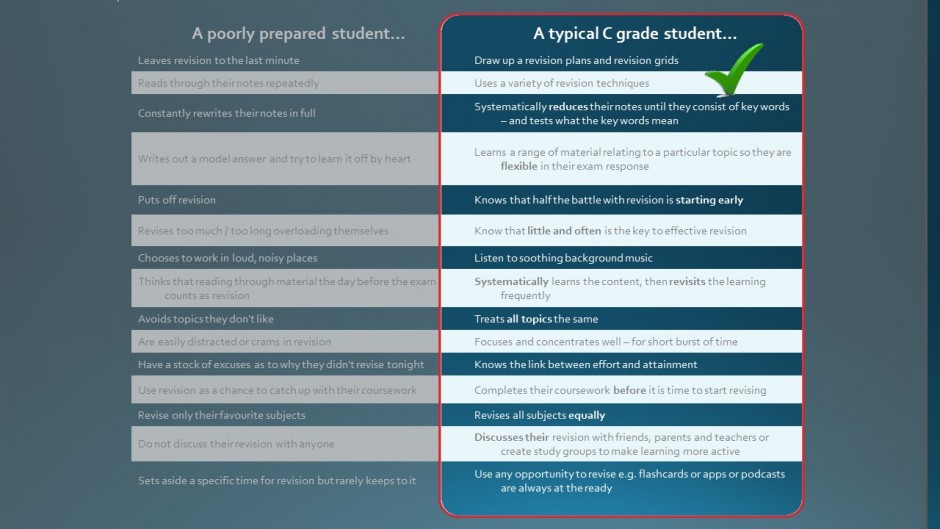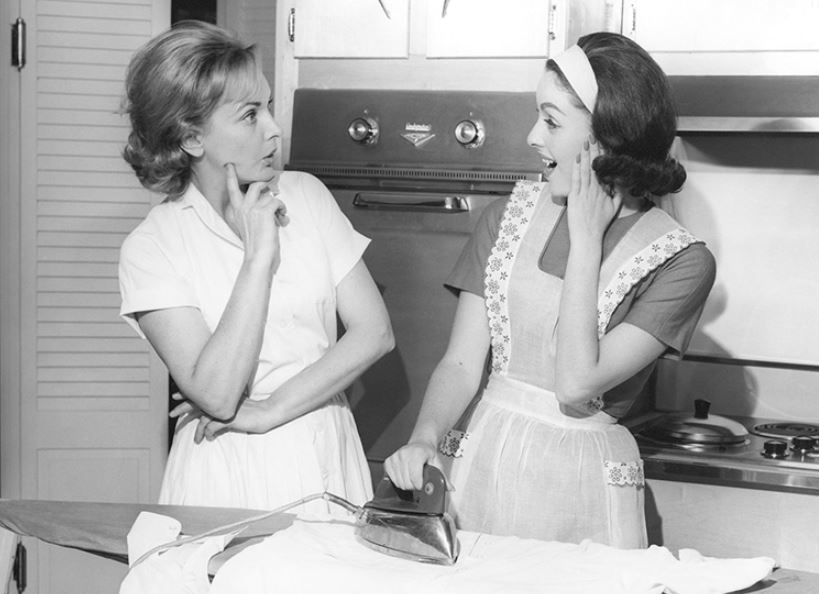Few are mourning the loss of graded lesson observations. Following the grading storm, the clouds are clearing, with approximately a quarter half of schools having moved away from grading lesson observations, unofficially that is. High up on an inaccessible shelf, in SLT offices across the country, the red shoes of the graded lesson observations can be seen protruding from under the yellow A4 lever arch file.
Why did our profession accept the tyranny of graded observations for so long? Arguably, graded observations turn something hugely complex and organic and into something concrete and quantifiable, dare I say it, presentable to Ofsted and Governors? The complexity of teaching distilled to an accumulated or percentage trend line, preferably a steadily improving one. Second, lesson observations were seen as the primary vehicle for “evaluating the Quality of Teaching,” there is no sense avoiding that glaring reliance, when pupil outcomes were probably more robust. The weakness of outcomes clearly that they lagged behind improvements to teaching and learning. For the record here, I am not presenting a sanctimonious viewpoint. I too am guilty, presenting the quality of teaching as a percentage and setting targets in 10% bands (he hangs his own head in shame) to Ofsted, to Governors and at staff meetings. If anything, I was trying to seek confirmation that the hard work we were investing to improve the quality of teaching in our school was actually improving the experience of pupils in lessons. Third, lesson grades lent themselves very neatly to Performance Related Pay conversations and decisions; as if a handful of observations should contribute to a judgement of a teachers contributions, or lack of it, to a school. Lastly, a two fold stumbled leading to not two but three errors. I honestly thought that I could accurately and reliably judge a teaching quality, when I should have been assessing the quality of learning. A misplaced confidence, a misplaced focus on the teacher and a misplaced understanding of what I was I thought I was observing. I thought I was observing pupils learning, when I was more likely observing something entirely different, pupil performance. All ‘expertly’ fed back to the teacher, condensed into a grade, that diverted away from any useful feedback given.
At least the absence of a judgemental grade, means the absence of the “grade conversation.” Yes, I accept that some teachers actively sought out their grade, sought confirmation of their efforts applied anecdotally to the remaining 99% of their teaching if positive and discarded if unreciprocated. The void, we are being told, is already being filled with a “much more interesting and I think, useful, conversation around the teaching and learning” plus a raft of other professional benefits as highlighted in Shaun Allison’s Life without lesson observation grades. All very promising however we can and I encourage you to go further, to change the lens rather than refocus lesson observations albeit without grades an important step.
Change the lens
The only reason for observing [a lesson] is to observe learning. Hattie
Who am I to argue with Hattie? Yes, I do think many teachers recognise the reciprocal benefit of observing teachers at work, alternatively, a teacher seeing themselves teaching, in the classroom, teaching is so much more than that. Though I accept that in all circumstances, the reviewer must observe the impact / outcome (I am not sure where I am on this subtle word change*) of the lesson on the learning / performance (more performance than learning). Not discounting that the reviewer could be observing their own lesson recording*. A situation where you get to experience teaching, to review the impact / outcome, reflect on the pupil’s learning / performance before being given to opportunity to receive feedback / discuss the one’s impact / outcome on the lesson.
I added “in the classroom teaching is so much more than that,” as a lot of the preparative work for effective teaching occurs away from the spotlight of the first three feet in front of the whiteboard. Planning and designing the learning (and the questions), preparing the resources, marking and feedback and building relationships with pupils, the heavyweight contenders for wider professional development. What if the conversation “around the teaching and learning” between the reviewer and teacher began before the lesson? And continued after? Even developed into a professional partnership? Somewhat alikened to Lesson Study. What if this conversation explored the pupil learning / performance we expected to see and how best to ensure that impact/outcome and less on the actual teaching of the lesson? What if the reviewer focused on the observed learning / performance / behaviours of selected pupils, rather than on the whole class or on the teacher. What if this conversation truly was professional dialogue, identifying areas for professional development rather than receiving feedback? What if this process was solely focused on Professional Development and Support (PDS), more genuinely presented, more readily accepted, now that grades have been ditched? What if lesson observations were replaced with professional development and learning / performance observations? Let’s go with learning for now – until we have time to unravel the learning / performance debate.
Two more venturesome considerations, for you to consider; given that lessons observations have typically been delivered in a hierarchical model, what if observations did not presume that the person gaining the most from the process was the teacher and second, what if the reviewer was not the most experienced teacher in the now, partnership? Two points we debated at length.
In the summer of 2014, our leadership team had agreed lesson grades would be removed from the 2014-15 Performance Review, lesson observation cycle however we would completed the 2013-14 Performance Review as proscribed. In the interim we discussed the potential professional contribution and investment in observations, flirted with Lesson Study, rewrote our Performance Review process (writing out lesson observation grades) and Pay Policy and most importantly piloted a new observation process that focused on the learners rather than the teacher in lesson. In January, our staff came on board. Lesson observations were replaced with Professional Development and Learning Observations.
*I have successfully experimented in low-tech solutions and currently investigating high-tech solutions to gathering teaching/performance recordings). In fact, the very latest recording technologies can get you to see the individual learning / performance of pupils and may prove to be the professional development equivalent of a double hit espresso.
[qr_code_display]


